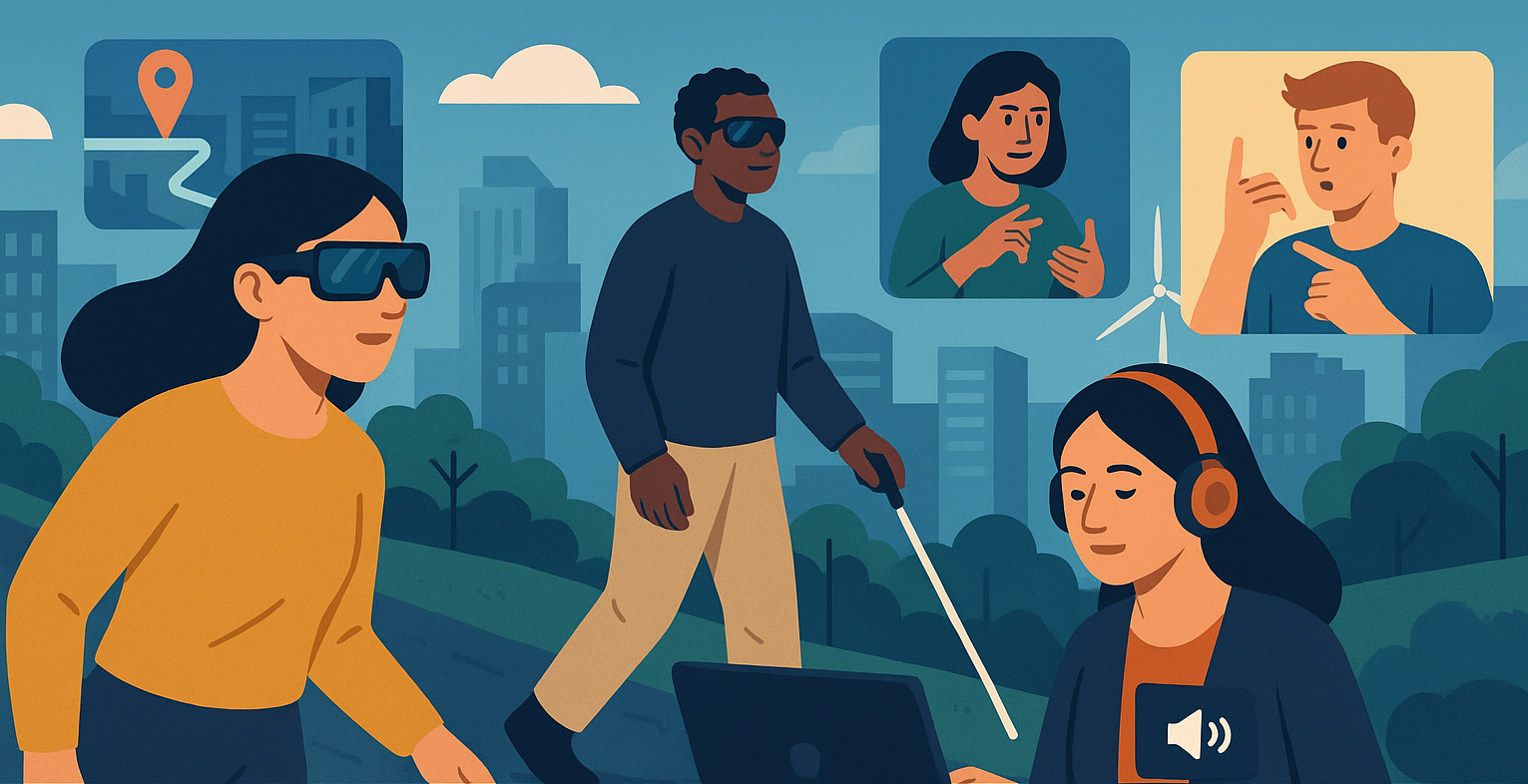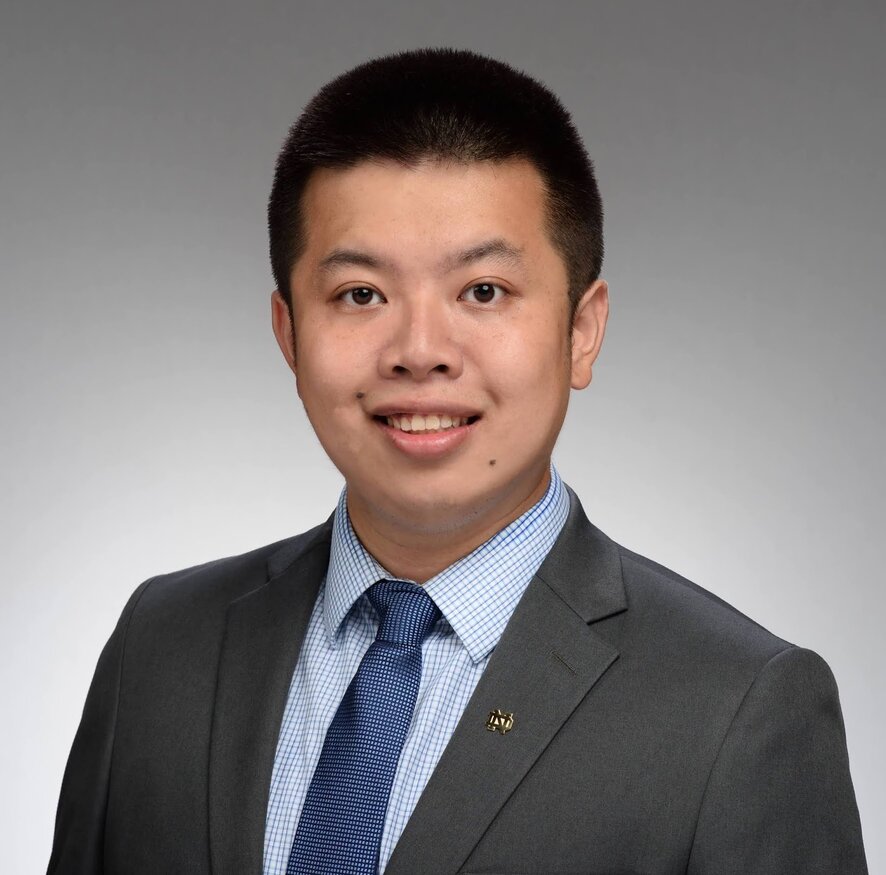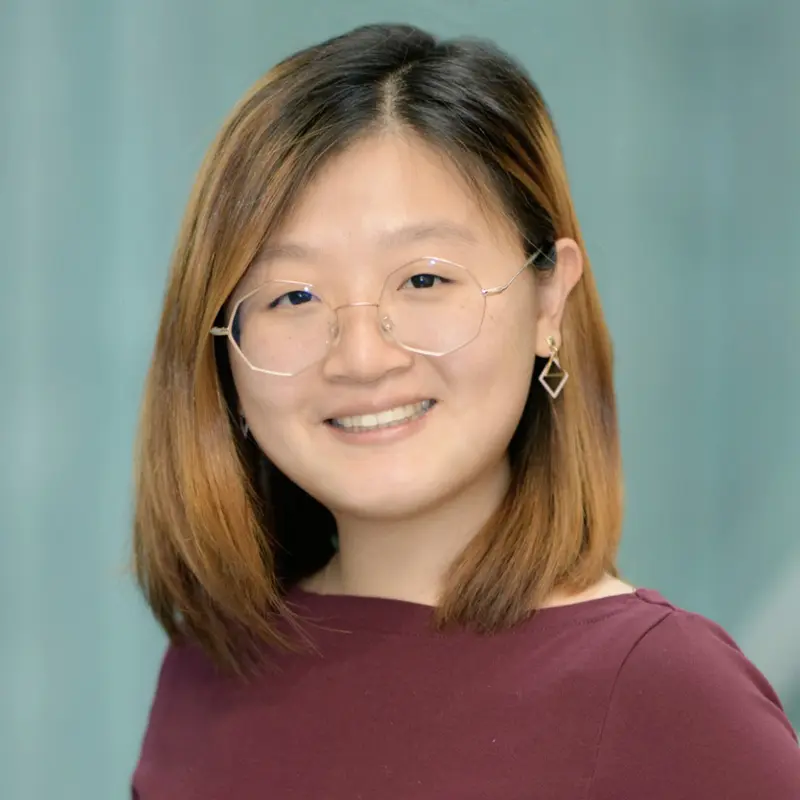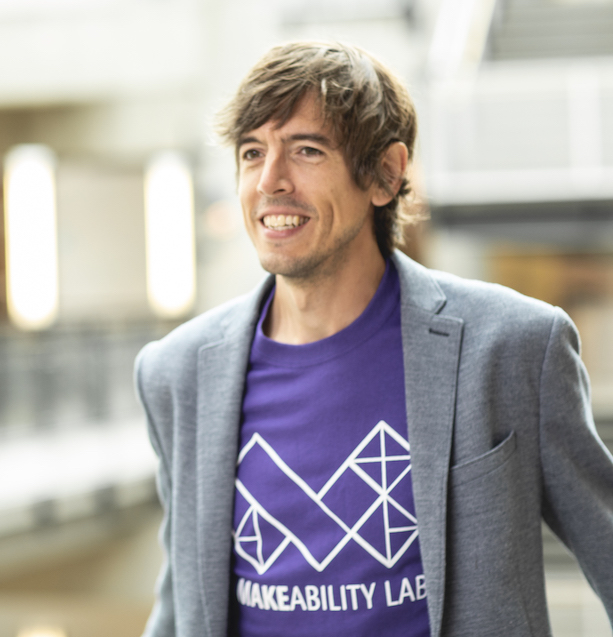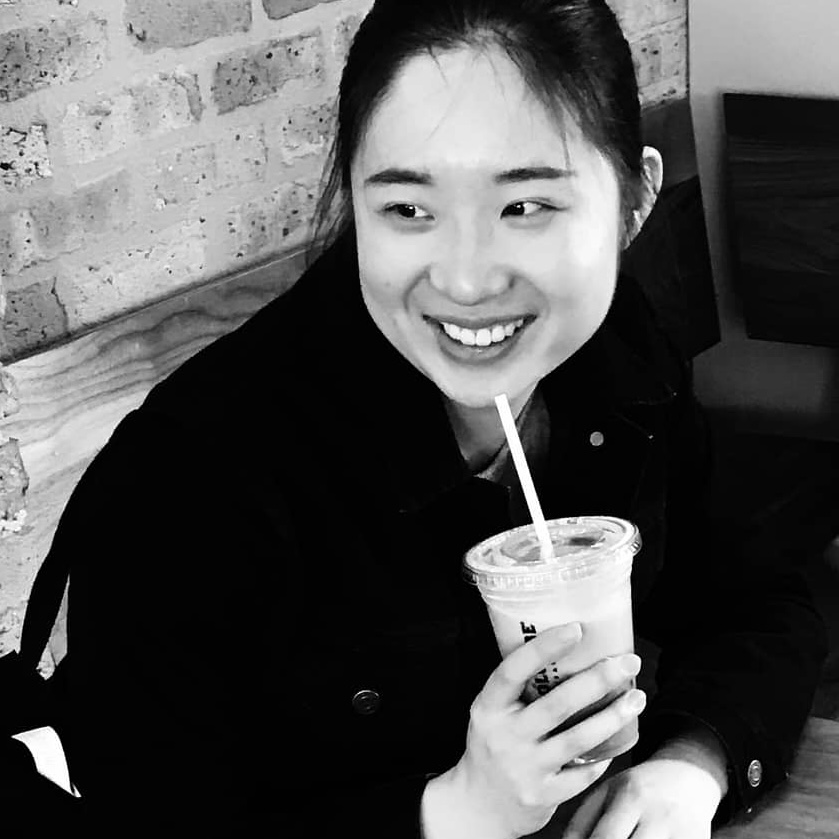Workshop on Vision Foundation Models and Generative AI for Accessibility: Challenges and Opportunities
ICCV 2025 Workshop
Introduction
Vision foundation models and generative AI have made remarkable progress, unlocking groundbreaking capabilities across various domains. These advances hold immense potential to enhance accessibility by enabling AI-powered assistive technologies that improve the daily lives of individuals with disabilities. However, applying the current state-of-the-art AI models to accessibility poses several key challenges, including bias, data scarcity, interpretability, and real-world deployment limitations. This CV4A11y workshop aims to address these challenges, explore emerging research opportunities, and advance the development of more inclusive, efficient, and intelligent accessibility systems. It will provide a platform for discussing cutting-edge research, identifying critical challenges, and fostering collaboration across academia, industry, and accessibility communities. This workshop is highly relevant to computer vision researchers, AI practitioners, HCI experts, and accessibility professionals, as well as anyone interested in developing AI-driven solutions to support individuals with disabilities.
Call For Papers
Topics: This workshop will cover, but is not limited to, the following topics at the intersection of computer vision, generative AI, and accessibility:
- Vision foundation models for accessibility
- Image and video generation for accessibility
- Egocentric perception and wearable AI for accessibility
- Multimodal Large Language Models (MLLMs) for accessibility
- Efficient foundation models for visual scene perception and understanding
- Automatic audio description for images and videos
- Sign language recognition, translation, and production
- AI-powered assistive technologies in mixed reality (MR)
- Human-centered evaluation and usability studies of AI-driven accessibility tools
- Fairness, ethics, and bias mitigation in AI for accessibility
- Challenges and opportunities in deploying AI-powered assistive systems in real-world settings
Submission: The workshop invite both extended abstract and full paper submissions. We use OpenReview to manage submissions. The submission should be in the ICCV format. Please download the ICCV 2025 Author Kit for detailed formatting instructions. Reviewing will be double-blind. Consistent with the review process for ICCV 2025 main conference, submissions under review will be visible only to their assigned members of the program committee. The reviews and author responses will never be made public. All accepted full papers and extended abstracts will be invited to present a poster. A selection of outstanding full papers will also be invited for oral presentations.
- Extended Abstracts: We accept short extended abstracts of up to 4 pages, excluding references. Accepted extended abstracts will not be published in the conference proceedings, allowing future submissions to archival conferences or journals. We also welcome already published papers that are within the scope of the workshop, including papers from the main ICCV conference.
- Full papers: Papers should be longer than 4 pages but limited to 8 pages, excluding references, following the ICCV style. Accepted full papers will be published in the ICCV workshop proceedings.
Note: Since we are using the same submission system to manage all submissions, we have set the extended abstract deadline: August 06 as the workshop paper submission deadline on Openreview. However, please note that the full paper submission deadline is much earlier— June 30—as we are required to provide paper information to the ICCV 2025 conference by their deadline.
Important Dates
| Call for papers announced | May 12 |
| Full Paper submission deadline | June 30 (11:59pm AoE) |
| Notifications to accepted Full papers | July 10 |
| Extended Abstract submission deadline | |
| Notifications to accepted Extended abstract papers | Aug 15 |
| Camera-ready deadline for accepted full papers | Aug 18 @ 11:59 PST (please follow official instructions from the conference) |
| Camera-ready deadline for Extended abstract papers | Aug 22 |
| Workshop date | Oct 20 |
Accepted Papers
Schedule (Hawaii Standard Time)
| Session | Details | Time (HST) |
|---|---|---|
| Welcome | ||
| Invited Talk | James M. Rehg | |
| Oral session | Paper 1: Who’s Asking? Investigating Bias Through the Lens of Disability-Framed Queries in LLMs | |
| Paper 2: RampNet: A Two-Stage Pipeline for Bootstrapping Curb Ramp Detection in Streetscape Images from Open Government Metadata | ||
| Coffee break | ||
| Invited Talk | Gul Varol | |
| Oral session | Paper 1: Seeing in 2D, Thinking in 3D: 3D Hand Mesh-Guided Feature Learning for Continuous Fingerspelling | |
| Paper 2: Automated Context-Aware Navigation Support for Individuals with Visual Impairment Using Multimodal Language Models in Urban Environments | ||
| Coffee break | ||
| Invited Talk | Eshed Ohn-Bar |
|
| Lunch Break | ||
| Invited Talk | Jaewook Lee |
|
| Oral session | Paper 1: "Does the cafe entrance look accessible? Where is the door?" Towards Geospatial AI Agents for Visual Inquiries | |
| Paper 2: Challenges in Visual Entailment for Accessibility | ||
| Coffee break | ||
| Invited Talk | Toby Jia-Jun Li |
|
| Oral session | Paper 1: VisualSpeaker: Visually-Guided 3D Avatar Lip Synthesis | |
| Paper 2: AI-Powered Augmented Reality for Complex Environment Perception for People with Low Vision | ||
| Invited Talk | Jeffrey P. Bigham |
|
| Poster Session | Exhibit Hall II; Borads: 156 - 170 |
Invited Speakers
Jeffrey P. Bigham is an Associate Professor at Carnegie Mellon University (CMU) and a world-renowned expert in HCI, AI, and accessibility. He has received numerous prestigious awards, including the Sloan Fellowship, the MIT Technology Review Top 35 Innovators Under 35 Award, and the NSF CAREER Award. In addition to his academic role, he leads the Human-Centered Machine Intelligence Group at Apple, focusing on accessibility, AI fairness, machine learning design, learning sciences, information visualization, and computational UI understanding. He also leads VizWiz, a pioneering computer vision for accessibility project that allows blind and visually impaired individuals to receive real-time answers to questions about their surroundings.
Gül Varol is a permanent researcher (Assoc. Prof.) in the IMAGINE group at École des Ponts ParisTech. Previously, she was a postdoctoral researcher at the University of Oxford (VGG), working with Andrew Zisserman. She regularly serves as an Area Chair at major computer vision conferences and has served as a Program Chair at ECCV'24. She is an associate editor for IJCV and was in the award committee for ICCV'23. She has co-organized a number of workshops at CVPR, ICCV, ECCV, and NeurIPS. Her research interests cover vision and language applications, including video representation learning, human motion synthesis, and sign languages.
James M. Rehg is a Founder Professor of Computer Science and Industrial and Enterprise Systems Engineering at University of Illinois Urbana-Champaign. Previously, he was a Professor in the School of Interactive Computing at the Georgia Institute of Technology, where he co-Directed the Center for Health Analytics and Informatics (CHAI). He received an NSF CAREER award in 2001 and a Raytheon Faculty Fellowship from Georgia Tech in 2005. He and his students have received a number of best paper awards, including best student paper awards at ICML 2005, BMVC 2010, Mobihealth 2014, Face and Gesture 2015, and a Distinguished Paper Award from ACM IMWUT and a Method of the Year award from the journal Nature Methods. Dr. Rehg served as the General co-Chair for CVPR 2009 and the Program co-Chair for CVPR 2017.
Jaewook Lee is a senior Ph.D. student at UW. His research intersects Augmented Reality (AR), Human-AI Interaction, and Accessibility, focusing on designing context-aware AR solutions to assist both the general public and communities such as blind or low vision (BLV) and deaf or hard of hearing individuals. Notably, he has developed ARSports, a wearable AR prototype aimed at enhancing sports accessibility for people with low vision, and CookAR, an AR system designed to support safe kitchen tool interactions for individuals with low vision.
Toby Jia-Jun Li is an Assistant Professor in the Department of Computer Science and Engineering at the University of Notre Dame, where he leads the SaNDwich Lab. He also serves as the Director of the Human-Centered Responsible AI Lab in the Lucy Family Institute for Data & Society. Toby works at the intersection of Human-Computer Interaction, End-User Software Engineering, Machine Learning, and Natural Language Processing applications, where he uses human-centered methods to design, build, and study interactive systems to empower individuals to create, configure, and extend AI-powered computing systems.
Eshed Ohn-Bar is an Assistant Professor at Boston University, where he leads the Human-to-Everything (H2X) Lab. His work aims to develop intelligent technologies for robust autonomy and real-time assistance. His research spans machine intelligence, computer vision, and systems for human–machine interaction. He is a leading organizer of the AVA workshop on accessibility, computer vision, and agent systems at CVPR. He has received many awards include an NSF CAREER Award, the BU College of Engineering Early Career Excellence in Research Award, and several best paper awards.
